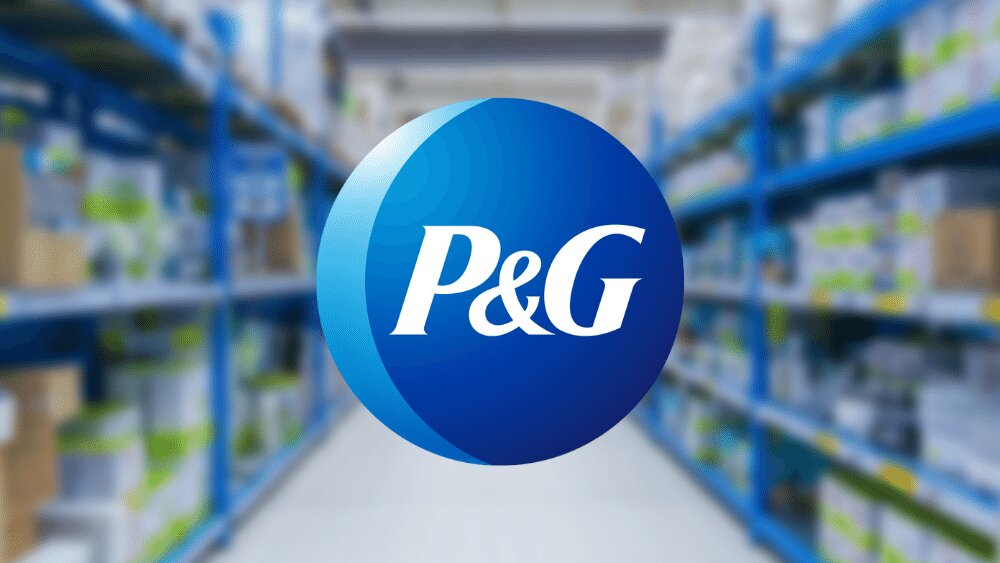US consumer goods giant Procter & Gamble (P&G) will stop manufacturing in Nigeria and shift its focus to imports.
Reorganizing operations in some markets and writing down Gillette’s value will cost the multinational $2.5 billion over the next two years.
The maker of iconic brands, including Pampers, Gillette, Ariel, Always, and Oral-B, may incur charges of up to $1.5 billion after-tax for restructuring operations in Nigeria and Argentina.
“So when you think about places like Nigeria, when you think about places like Argentina, it’s very difficult for us as a U.S. dollar-denominated company to create value,” Andre Schulten, the chief financial officer, said at Morgan Stanley Global Consumer & Retail Conference in New York.
“It’s also difficult to operate because of the macroeconomic environment,” he added.
This move adds to Nigeria’s troubled multinational operations, where foreign companies, particularly manufacturers and energy companies, are exiting in droves because of the current foreign exchange crunch and devaluation of the naira, which means lower earnings for companies based abroad.
In March, Unilever announced it would halt production of its homecare and skin-cleansing products in Nigeria because those categories were “margin dilutive.”
GlaxoSmithKline also terminated its manufacturing operations in Nigeria this August, opting instead for third-party distribution.
With two manufacturing plants in Ibadan, Oyo State, and Agbara, Ogun State, P&G has been in Africa’s largest economy for 30 years. The company has scaled back operations through job cuts and partial operation of factories.
“Only the P&G plant in Ibadan is currently being run by the company, and it only produces Ariel detergent. All the other P&IG products in Nigeria are either being imported or produced by another company licensed by P&IG,” a company source told PREMIUM TIMES in 2021.
In terms of net sales, Nigeria contributes $50 million to P&G’s global business.
“We think that we’re at the point in both markets, Argentina and Nigeria, where a change in the approach will yield a better result overall,” Mr Schulten said.
“So it’s not because it’s opportune. It’s because we truly believe this is the better way to go to market in those geographies.”
P&G’s struggle with the economy is not recent. The firm has struggled in recent years to have a hold in the fast-moving consumer goods market it previously dominated for decades. In 2018, P&G’s planned shutdown of its $300 million Nigeria production plant, one year after launch.
In 2021, the company laid off workers and considerably downsized its operations in the country. At that time, it stated that it did not have plans to exit Nigeria.
2023 has proven to be exceptionally challenging for Nigerian businesses. The previously struggling economy has faced further difficulties, exacerbated by the implementation of various reforms such as the removal of the fuel subsidy and the naira float by the current government.
The resulting impact is a rise in the cost of living and conducting business in the country, leading to numerous companies downsizing or closing operations in Nigeria.


